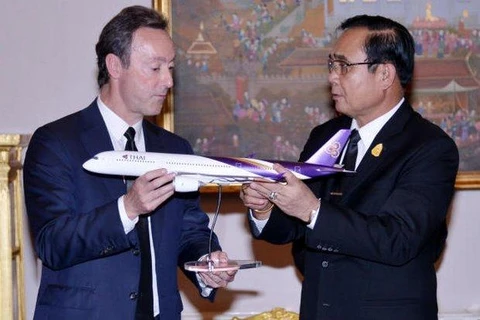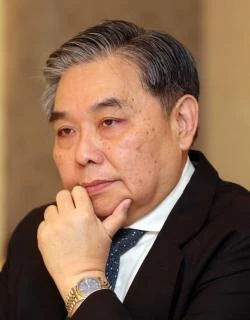Bangkok (NNT/VNA) – Thailand’s Ministry of Energy and private sector are cooperating in the country’s development into a smart city, hoping to reduce power consumption in line with the Energy 4.0 policy.
An agreement has been signed between the Energy Policy and Planning Office, Ministry of Energy, and Amata Corporation Company Limited to put in motion the Smart City project, which was designed to raise the country’s competitiveness by slashing energy production costs. Under the collaboration, Amata Nakorn Industrial Estate in Chon Buri province will be used as a model smart city, with focuses to be placed on the development of smart energy, smart environment and smart economy.
Energy Minister Gen Anataporn Kanjanarat pointed out that, during the transitional stage towards Energy 4.0, the ministry will resort to new technology to improve the capacity of alternative energy storage batteries. It will also promote the production of electric cars, targeting to put out 1.2 million units by the year 2036 and to set up 150 charging stations within 1-2 years.
CEO of Amata Corporation Vikrom Kromadit said the Smart City project involves three main operational plans. They include reducing the manufacturing sector’s power demand while maintaining productivity, increasing green spaces and supporting research on new energy technologies and innovations.-VNA
An agreement has been signed between the Energy Policy and Planning Office, Ministry of Energy, and Amata Corporation Company Limited to put in motion the Smart City project, which was designed to raise the country’s competitiveness by slashing energy production costs. Under the collaboration, Amata Nakorn Industrial Estate in Chon Buri province will be used as a model smart city, with focuses to be placed on the development of smart energy, smart environment and smart economy.
Energy Minister Gen Anataporn Kanjanarat pointed out that, during the transitional stage towards Energy 4.0, the ministry will resort to new technology to improve the capacity of alternative energy storage batteries. It will also promote the production of electric cars, targeting to put out 1.2 million units by the year 2036 and to set up 150 charging stations within 1-2 years.
CEO of Amata Corporation Vikrom Kromadit said the Smart City project involves three main operational plans. They include reducing the manufacturing sector’s power demand while maintaining productivity, increasing green spaces and supporting research on new energy technologies and innovations.-VNA
VNA























